You can return to the homepage, or report the error using our Contact form.
Global Directory
Global Directory
- Anguilla - English
- Antigua & Barbuda - English
- Aruba - English
- Bahamas - English
- Barbados - English
- British Virgin Islands - English
- Cayman - Islands - English
- Curacao - English
- Dominica - English
- Dominican Republic - Español
- Grenada - English
- Guadeloupe - English
- Haiti - English
- Jamaica - English
- Martinique - English
- Puerto Rico - Español
- Puerto Rico - English
- Saint Barthélemy - English
- Saint Kitts and Nevis - English
- Saint Lucia - English
- Saint Martin - English
- Trinidad & Tobago - English
- Virgin Islands - English
- Saint Vincent & The Grenadines - English
- Austria - Deutsch
- Belgium - Français
- Belgium - Nederlands
- Bosnia & Herzegovina - English*
- Bulgaria - English*
- Croatia - English*
- Czech Republic - Čeština
- Denmark - Dansk
- Finland - Suomeksi
- France - Français
- Germany - Deutsch
- Greece - English
- Hungary - Magyarország
- Ireland - English
- Italy - Italiano
- Macedonia - English
- Netherlands - Dutch
- Norway - Norge
- Poland - Polski
- Portugal - Português*
- Romania - Romanian
- Russia - Русский
- Serbia - English
- Slovakia - Slovenčina
- Spain - Espanol
- Sweden - Swedish
- Switzerland - Deutsch*
- Switzerland - Français*
- Switzerland - Italiano*
- United Kingdom - English
Global Directory
- Anguilla - English
- Antigua & Barbuda - English
- Aruba - English
- Bahamas - English
- Barbados - English
- British Virgin Islands - English
- Cayman - Islands - English
- Curacao - English
- Dominica - English
- Dominican Republic - Español
- Grenada - English
- Guadeloupe - English
- Haiti - English
- Jamaica - English
- Martinique - English
- Puerto Rico - Español
- Puerto Rico - English
- Saint Barthélemy - English
- Saint Kitts and Nevis - English
- Saint Lucia - English
- Saint Martin - English
- Trinidad & Tobago - English
- Virgin Islands - English
- Saint Vincent & The Grenadines - English
- Austria - Deutsch
- Belgium - Français
- Belgium - Nederlands
- Bosnia & Herzegovina - English*
- Bulgaria - English*
- Croatia - English*
- Czech Republic - Čeština
- Denmark - Dansk
- Finland - Suomeksi
- France - Français
- Germany - Deutsch
- Greece - English
- Hungary - Magyarország
- Ireland - English
- Italy - Italiano
- Macedonia - English
- Netherlands - Dutch
- Norway - Norge
- Poland - Polski
- Portugal - Português*
- Romania - Romanian
- Russia - Русский
- Serbia - English
- Slovakia - Slovenčina
- Spain - Espanol
- Sweden - Swedish
- Switzerland - Deutsch*
- Switzerland - Français*
- Switzerland - Italiano*
- United Kingdom - English

-
Smart Buildings Smart Buildings
- A New Class of Smart Buildings
-
By Industry By Industry
- All Industries
- Aviation
- Commercial Real Estate
- Commercial Solutions
- Critical Infrastructure
- Data Centers
- Education
- Global Marine and Navy
- Healthcare
- Industrial and Manufacturing
- Oil and Gas Solutions
- Power and Utilities
- Public and Affordable Housing
- Residential
- Sports and Entertainment
- Transportation
FeaturedData Centers

Our data center infrastructure helps to streamline operations with increased uptime to achieve critical business goals.
Learn more -
Solutions Solutions
- Digital Services
- Energy Efficiency
- Equipment Optimization
- Indoor Air Quality
- Net Zero Tracking
- Operational Efficiency
- Renewable Solutions
- Software & Digital Solutions
- Space Optimization
FeaturedYour gateway to your sustainability and business goals

Digital solutions that improve energy efficiency, reduce carbon emission, optimize space use and equipment performance, and ensure health and wellbeing of occupants.
Learn more -
OpenBlue OpenBlueFeatured

Applying data from both inside buildings and beyond, our customers can now manage operations systemically.
Learn more -
Net Zero Buildings Net Zero Buildings
- What are Net Zero Buildings?
- Net Zero Buildings as a Service
- Building Performance Standards
- First Steps to Net Zero
- Net Zero Tracking
- Goal Setting and Advisory Services
- Energy Efficiency
- Renewable Solutions
- Sustainable Operations
- Incentives & Regulations
Featured
Achieve decarbonization and renewable energy targets and optimize building performance.
Learn more - Healthy Buildings
-
Indoor Air Quality Indoor Air Quality
- What is Indoor Air Quality (IAQ)?
- IAQ Advisory Services
- IAQ as a Service
- IAQ Audits
- IAQ Codes and Standards
- IAQ Savings and Space Optimization
- IAQ Partnerships
Featured
Indoor air quality is essential for the well-being, health, and productivity of the people inside every building, new and old.
Learn more - Energy Efficiency & Sustainability
-
Space, Wellbeing & Productivity Space, Wellbeing & Productivity
- Indoor Air Quality (IAQ)
- IAQ Monitoring
- Software & Digital Solutions
- Workplace Management
- Space Performance Monitoring
- Building Automation and Controls
- Operational Efficiency
- Security, Safety & Compliance
Featured
Optimize the performance of your building with OpenBlue, a complete ecosystem of connected technologies, expertise and services.
Learn more about OpenBlue -
Products & Solutions
Products & Solutions
-
Building Automation and Controls Building Automation and Controls
- Building Automation Systems
- Metasys BAS
- Facility Explorer
- Verasys
- HVAC Controls
- Penn Refrigeration Controls
- HVAC Equipment
- Industrial Refrigeration
-
Fire Detection Fire Detection
-
Fire Suppression Fire Suppression
-
Products Fire Suppression
- Cold Storage Fire Sprinkler Systems
- Fire Extinguishers
- Fire Grooved
- Fire Sprinkler System Design and Software
- Fire Sprinklers
- Fire Valves, Devices, and Components
- Foam, Concentrates, Hardware, and Equipment
- Gaseous Systems and Control Panels
- Industrial Systems
- Mechanical Fittings and Supports
- Restaurant Systems
- Vehicle Systems
- Water Mist Fire Protection Solutions
- Solutions
- Services
-
Products
- Fire Protection
-
Security Security
-
Products Security
- Access Control Hardware
- Access Control Software
- Analytics
- Cameras
- Central Station Products and Communicators
- Cloud Access Control
- Cloud Gateways
- Cloud Video Surveillance
- Commercial Security
- Encoders
- High Assurance Solutions
- Integrated Solutions
- IP Camera Accessories
- Mobile Apps
- Network and Digital Video Storage
- Network Video Recorders
- PowerG Wireless Technology
- Residential Security
- Video Management System Hardware
- Video Management Systems
- Video Management Technologies
-
Solutions Security
- Services
-
Products
-
Digital Solutions
-
Residential and Smart Home Residential and Smart Home
- Residential and Smart Home
- Mini-split Systems
- Residential Packaged Equipment
- Wired and Wireless Security Systems
- Energy Efficiency
- Renewable Solutions
- Retail Solutions
Metasys 15.0
Metasys 15.0 provides a more intuitive interface with advanced analytics, three-click access to energy insights with Energy Dashboards & Reporting, and architecture that can be scaled to any building or campus.
Learn more about Metasys 15.0 -
Building Automation and Controls
-
Services & Support Services & Support
-
Services
Services
- Capital Funding Solutions
- Controls Services
- Cooling as a Service
- Design and Build
- Fire Services
- HVAC Services
- Managed Services
- Optimization and Retrofit
- Replacement Parts Centre & Showroom
- Security Services
- System Integration
- Training Services
Featured
Funding more than $6B in customer projects worldwide, we partner with you to determine the best way to make your project happen.
Explore Johnson Controls Capital -
Support
SupportFeatured

Funding more than $6B in customer projects worldwide, we partner with you to determine the best way to make your project happen.
Explore Johnson Controls Capital
Featured
Funding more than $6B in customer projects worldwide, we partner with you to determine the best way to make your project happen.
Explore Johnson Controls Capital -
Services
-
Industries Industries
- Insights
-
About Us
About UsEMEA Partner Program

Our EMEA Partner Program supports distributors, integrators, contractors and installers with expert guidance, recognition and rewards to help grow your business and accelerate success.
Learn more



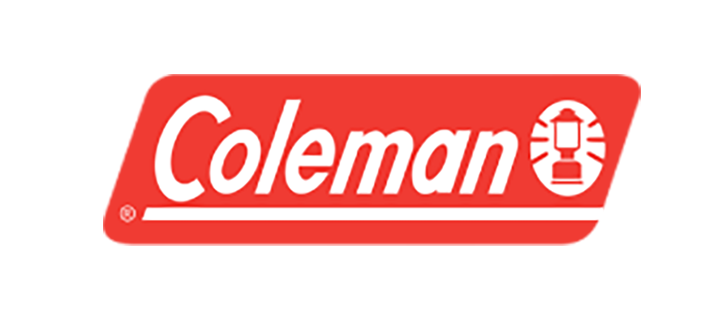

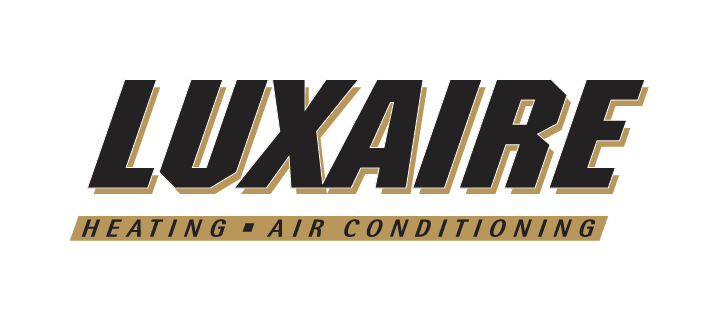





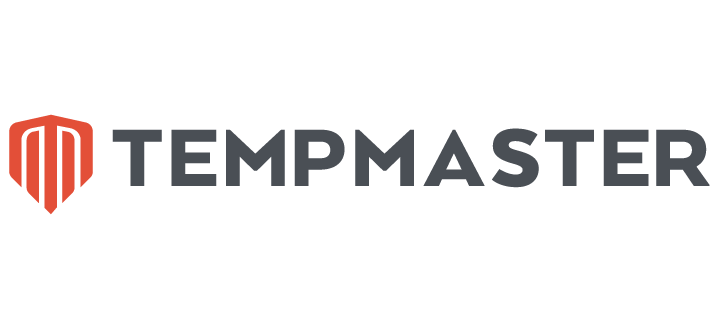

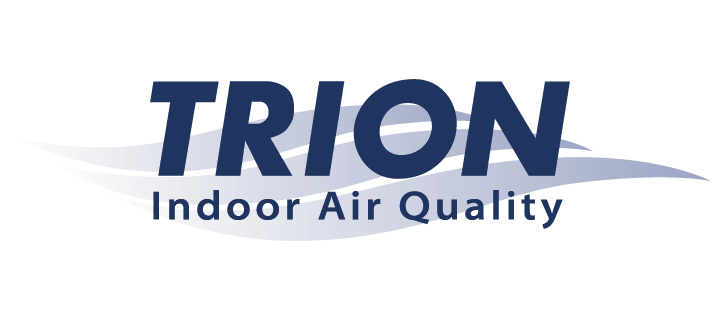
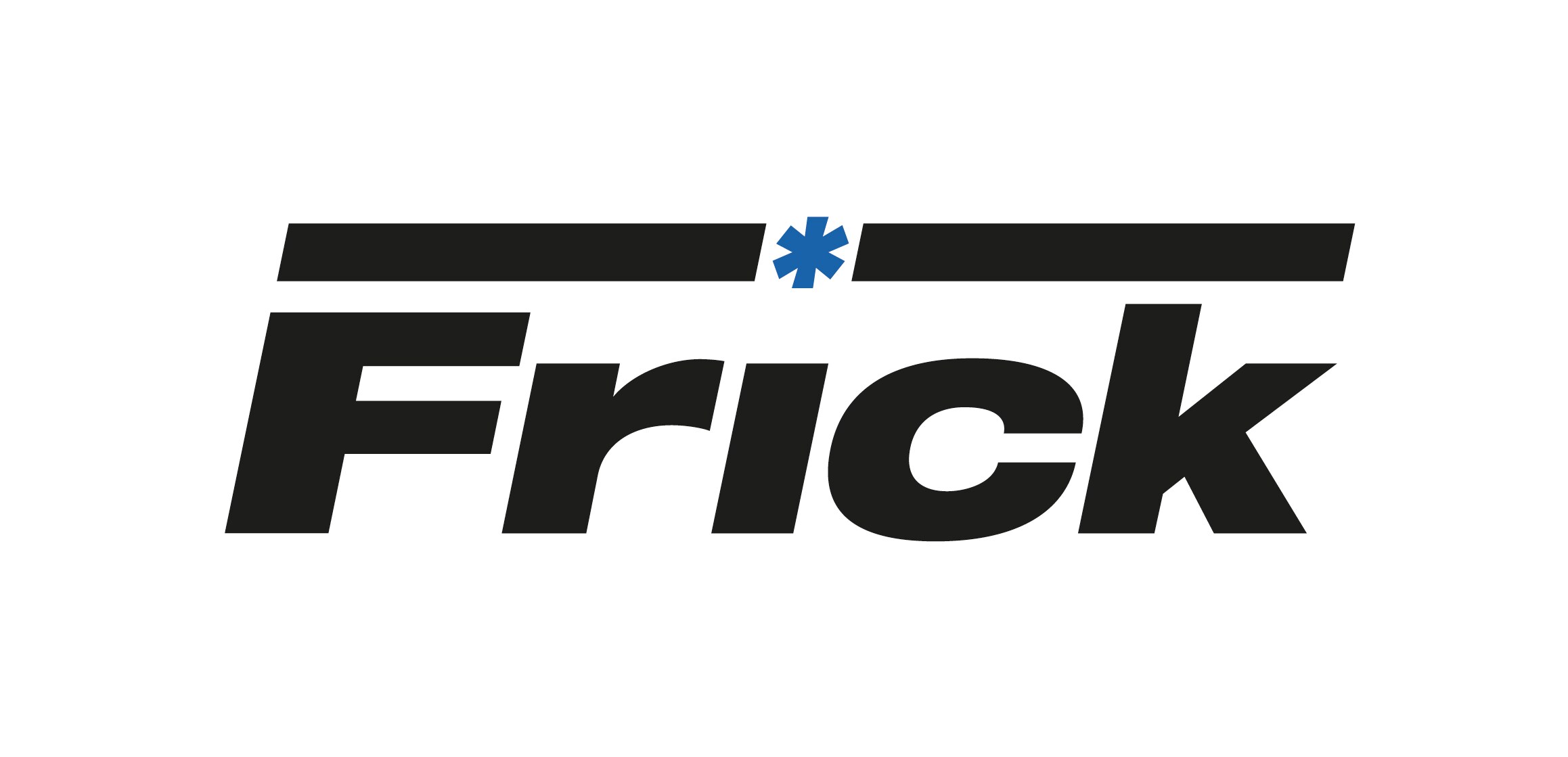


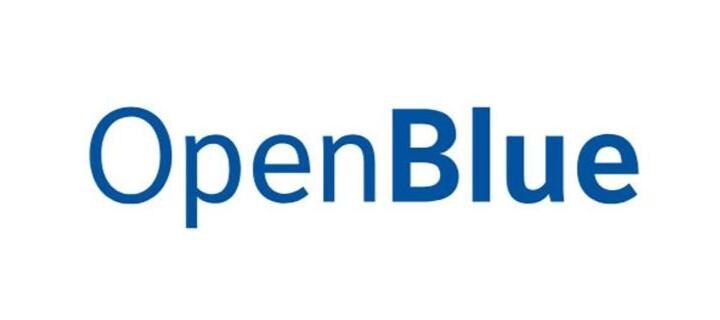
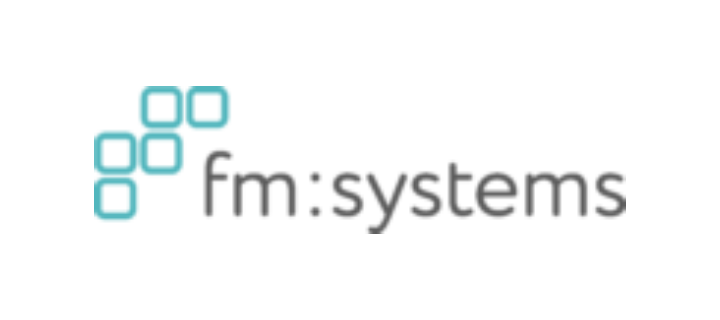



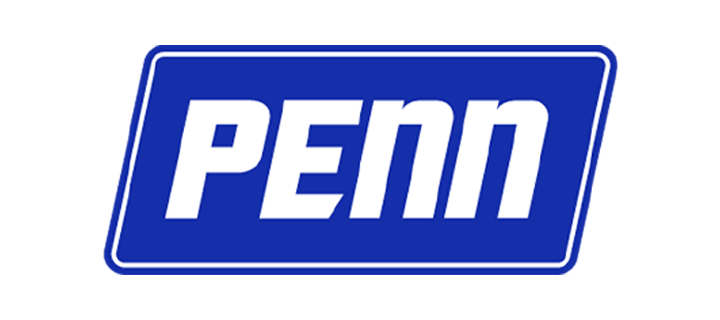

.jpg?la=en-ZW&h=320&w=720&hash=A40D709EBC2BC33ED5B5438DAE8A3F42)
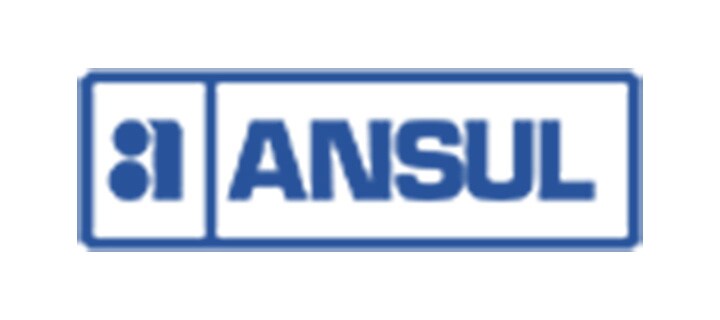
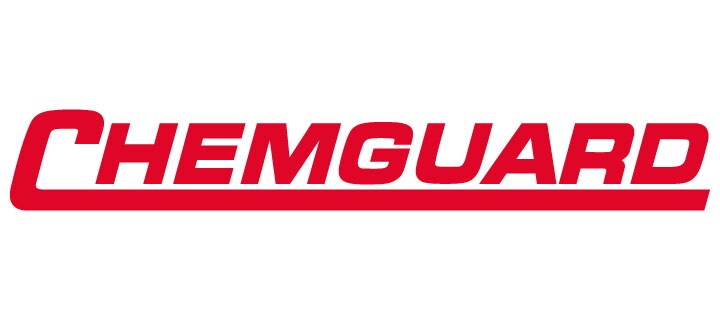
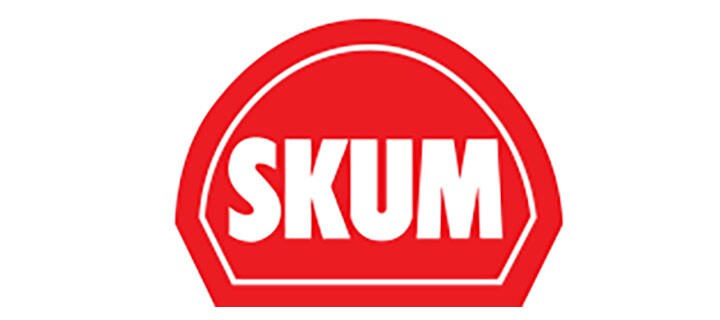
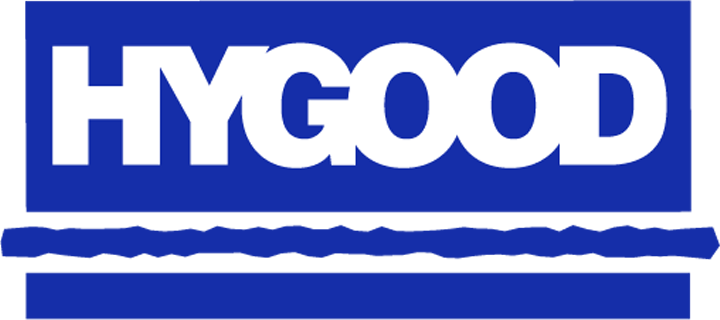
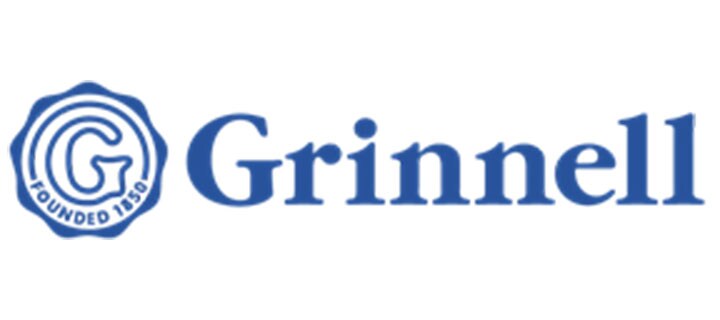
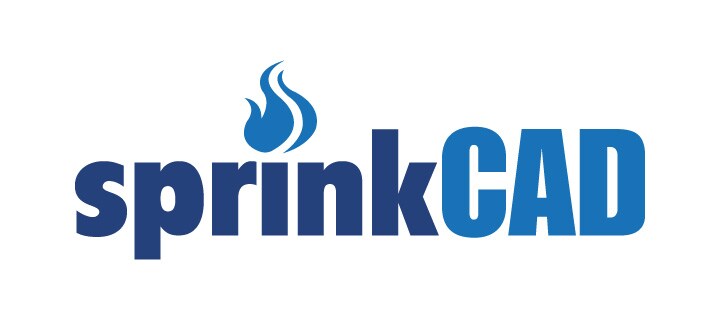
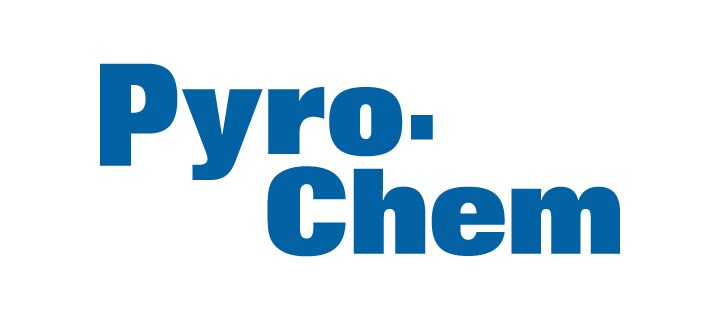
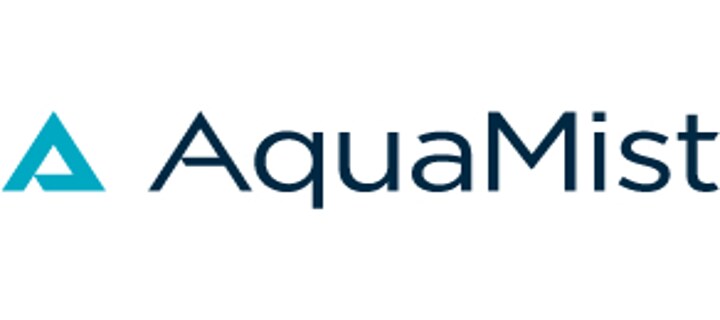



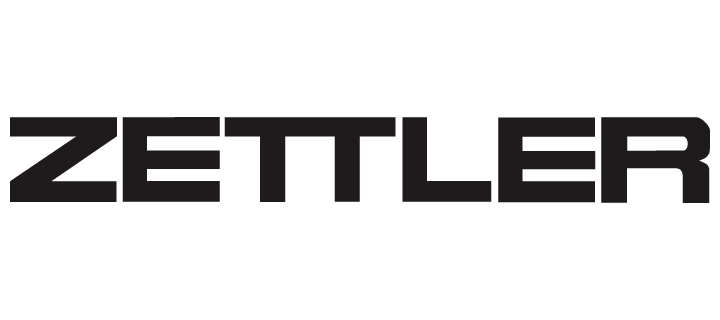


.jpg?la=en-ZW&h=310&w=720&hash=57A5D8DBDBB70BA989FE342E97FC7B8C)

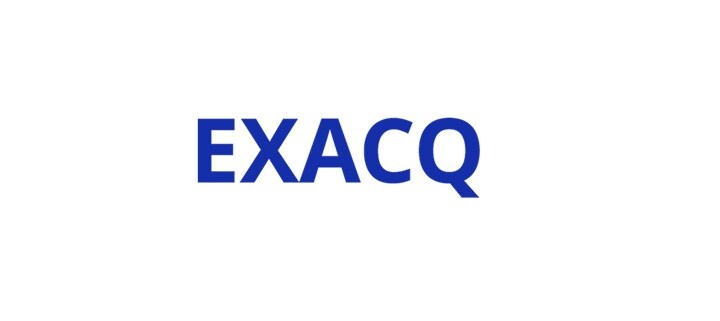
.jpg?la=en-ZW&h=320&w=719&hash=60BB26AE1EE6030C04BB4E0C1E94B0EC)
.jpg?la=en-ZW&h=306&w=720&hash=85191C5ECD82203B545F5B73E28C65C5)

.png?la=en-ZW&h=320&w=720&hash=7338885F69DE18696FE749CBAEF250C7)







